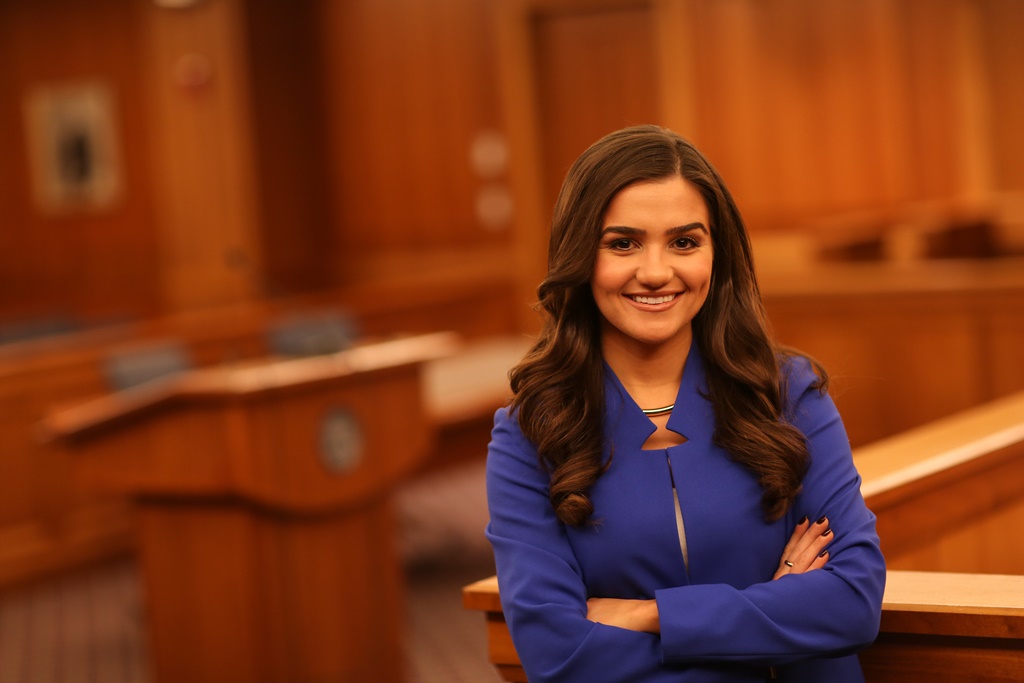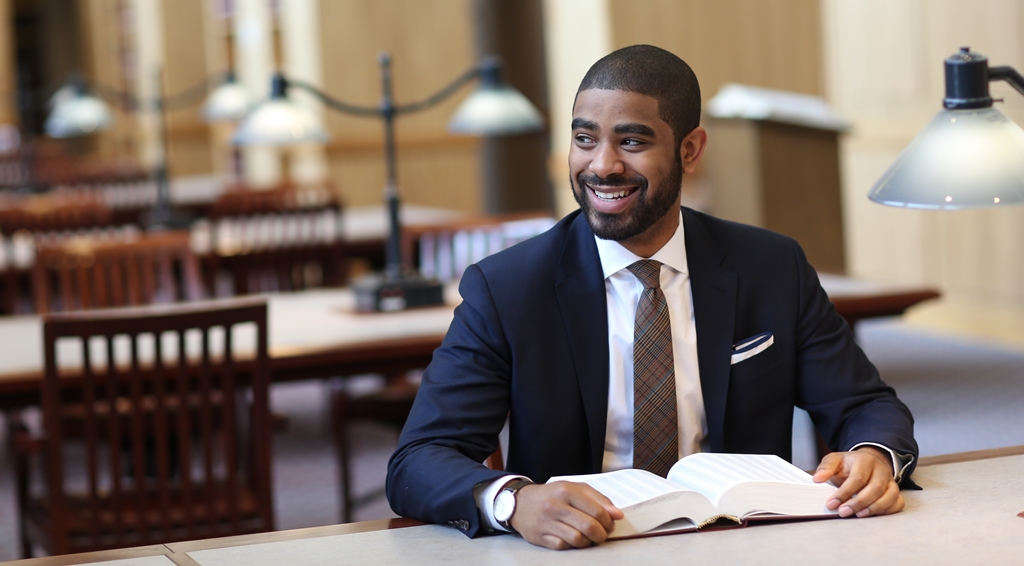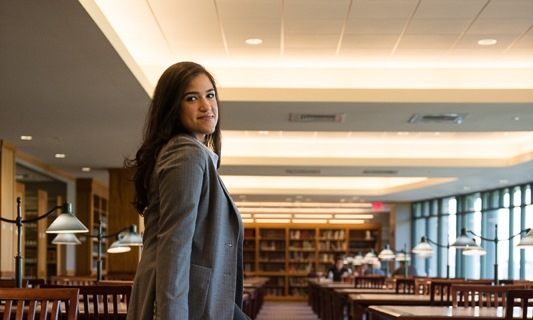By Ragini Shah
Clinical Professor of Law
Students often wonder about the relationship of a particular clinic to a particular job.
Students who want to become criminal defense attorneys want to enroll in our Defenders program. Those who want to be family lawyers want to enroll in our Family Advocacy Clinic.
In some sense, I understand students’ desire to approach clinics as preparation for the job market. But in my experience, there is not a direct tie from the type of law you practice in a clinic and the type of law you practice for the rest of your life.
Take students in the Immigration Clinic, which I founded seven years ago. Of course, there are many who became immigration lawyers and have excelled at their work. But, out of the 50 or so student attorneys I supervised in that clinic over the years, about half have applied the lessons of the clinic to get jobs in other areas. Today, Suffolk’s Immigration Clinic alums are working in areas as distinct as criminal defense, intellectual property, disability rights and general corporate transactional work. The same is true of alums from all of the other eight in-house clinics and three off-site internship programs.
Why is that? I think it’s because each of our clinics teach skills relevant to every practice area.
At Suffolk, clinic students represent real clients under the supervision of practicing attorneys. Clinic students take on all the responsibilities of the clients’ case. Along the way, they learn how to build relationships, strategize on legal problems, become persuasive and ethical advocates and reflect critically on their work.
Our students also enroll in a clinic for a full academic year, which ensures that they will improve all of these skills and have specific, concrete examples to help employers see these skills.
And the focus on preparation and reflection means that students can take lessons learned in one area of practice and apply them to any other area.
Ragini Shah is the director of clinical programs at Suffolk University Law School in Boston. She remains actively involved in the Immigration Law Clinic, which she founded. For more info about Suffolk Law’s clinics, visit www.suffolk.edu/law/clinics.












Follow Us